With the continuous development of trade, the efficiency and efficiency of
port loading and unloading operations have become the focus of attention for
major port managers.
With the continuous development of trade, the efficiency and efficiency of
port loading and unloading operations have become the focus of attention for
major port managers. Traditional loading and unloading equipment is gradually
showing bottlenecks in meeting the demand for large-scale cargo transportation,
therefore, mobile loaders are gradually being favored by port managers as a new
choice.
Mobile ship loaders are loading and unloading equipment with autonomous
mobility, which can move flexibly and freely within the port, providing
convenience for ship loading and unloading operations. Compared to traditional
fixed ship loaders, mobile ship loaders have the following advantages.
Mobile ship loaders have a high degree of flexibility. Traditional fixed ship
loaders require the construction of fixed loading and unloading equipment within
the port, while mobile ship loaders can be flexibly scheduled according to
actual needs, without being limited by port facilities. This means that port
managers can flexibly adjust the position and quantity of loading and unloading
equipment based on the arrival of ships and the loading and unloading needs of
goods, improving the efficiency and efficiency of loading and unloading
operations.
Secondly, mobile ship loaders have fast response capabilities. In traditional
loading and unloading operations, ships need to wait for the dispatch and
preparation of fixed loaders upon arrival at the port, which can cause
unnecessary time waste. Mobile loaders can quickly move to the side of the ship
and start loading and unloading operations immediately when ready, reducing
loading and unloading time and increasing port throughput.
In addition, mobile ship loaders also have lower investment and maintenance
costs. Compared to traditional fixed ship loaders, mobile ship loaders do not
require large-scale infrastructure construction, reducing investment costs.
Meanwhile, due to the fact that mobile ship loaders can be scheduled according
to actual needs, unnecessary equipment idle is reduced, and maintenance costs
are lowered. This allows port managers to configure loading and unloading
equipment more flexibly, improving resource utilization.
However, mobile ship loaders also face some challenges. Firstly, there are
technical challenges. Mobile ship loaders need to have stable autonomous
mobility and positioning capabilities, which poses high requirements for
technological research and development. Secondly, there is a safety issue, as
mobile loaders need to coordinate with other equipment and personnel during the
movement process to ensure operational safety. Therefore, port managers need to
fully consider these issues when introducing mobile loaders and take
corresponding measures for management and monitoring.
Overall, as a new choice for port loading and unloading, mobile loaders have
flexibility, fast response capabilities, and lower cost advantages. However, the
introduction of mobile ship loaders also requires addressing technical and
safety challenges. With the continuous progress of technology and the
accumulation of application experience, it is believed that mobile ship loaders
will play an increasingly important role in future port loading and unloading
operations, improving the competitiveness and efficiency of ports.
Dezhong
wxam.assistant@marketingforce.com

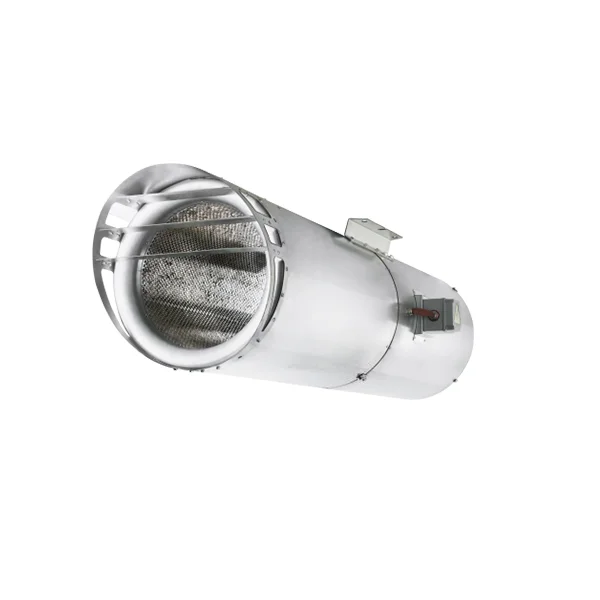
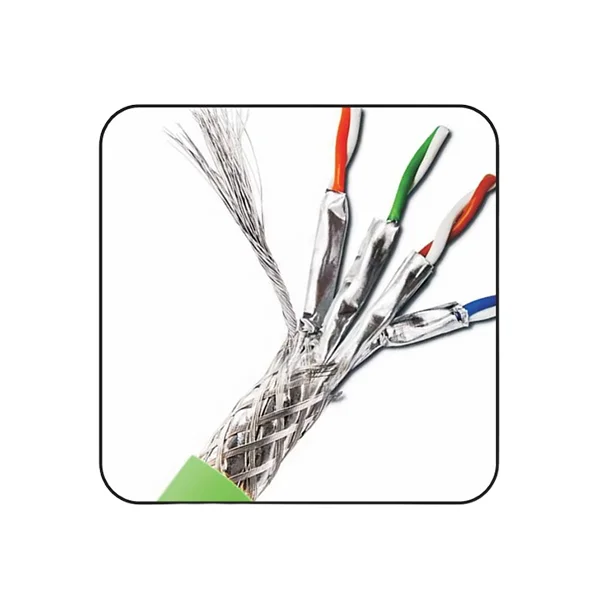
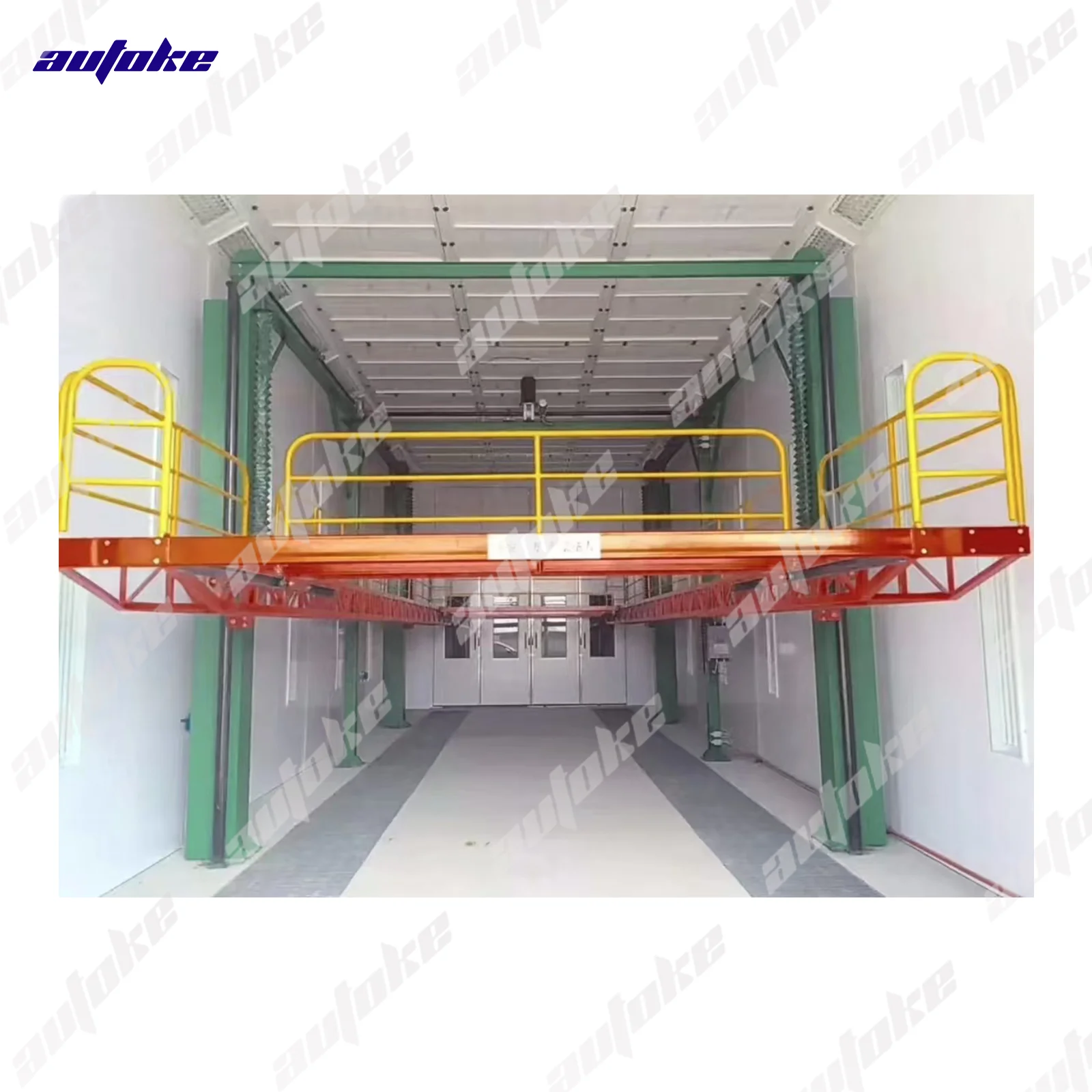
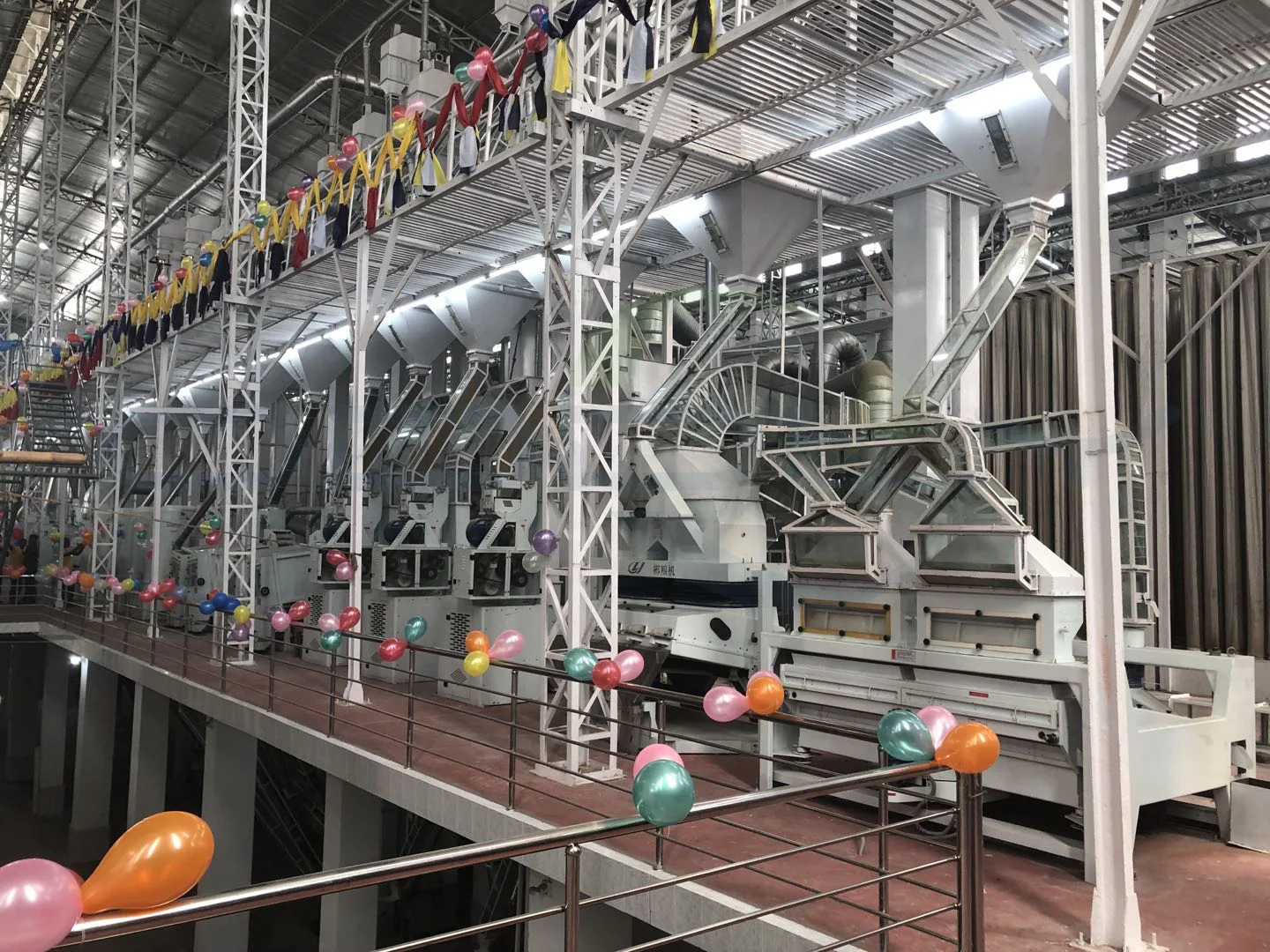

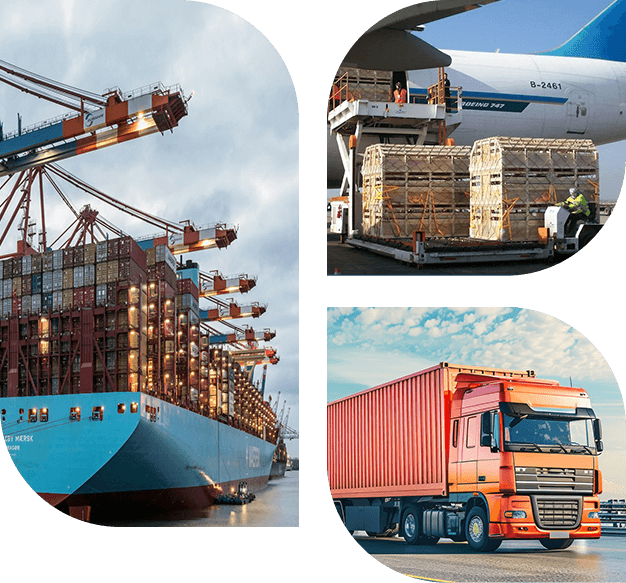
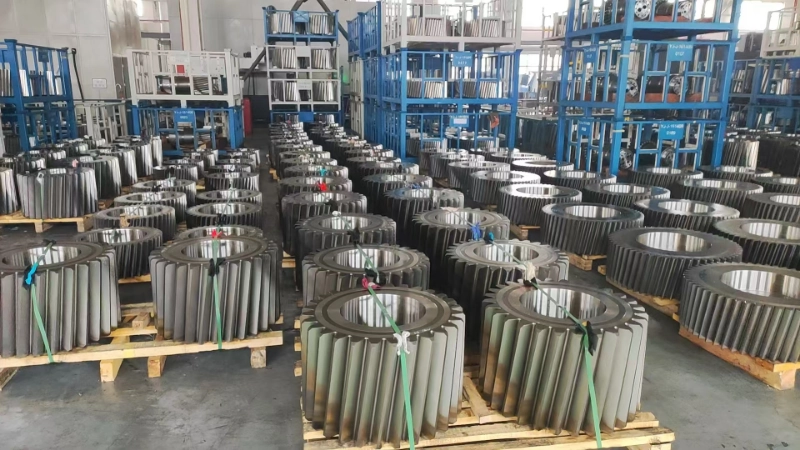
+ There are no comments
Add yours